A major shift in U.S. foreign policy is causing concern among American lawmakers and African countries. President Donald Trump has signed an executive order suspending nearly all foreign aid for 90 days, and now reports suggest that his administration is planning to completely shut down the U.S. Agency for International Development (USAID).
This move is already having serious consequences in Kenya and other African nations, where USAID has played a key role in healthcare, agriculture, and education programs.
The sudden aid freeze has led to immediate job losses, with many employees being sent on mandatory leave.
In Kenya, counties such as Kisii, Kisumu, and Homa Bay have already been forced to halt development projects that were funded by USAID. The University of Nairobi (UoN) has also been affected, with reports indicating that workers have been sent on unpaid leave due to funding shortages.
The ripple effect of the aid suspension is expected to spread further, affecting livelihoods and slowing down economic activities in the affected regions.
Tech billionaire Elon Musk, who currently leads the Department of Government Efficiency, has been one of the strongest voices in support of shutting down USAID.
Speaking on a social media platform, Musk declared, “We’re shutting it down,” referring to USAID as a “criminal organization” that is beyond repair.
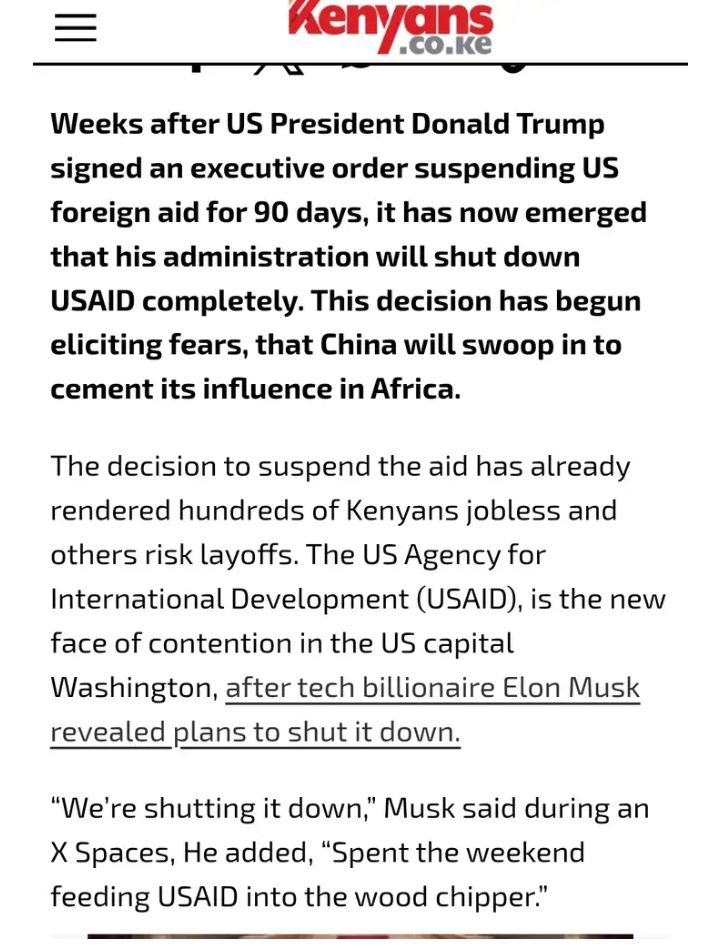
His remarks have sparked debate, with critics arguing that cutting foreign aid will hurt millions of people who rely on U.S. assistance for survival.
The decision to shut down USAID has also raised concerns among U.S. senators, who fear that China will take advantage of the situation to expand its influence in Africa. Senator Brian Schatz of Hawaii has been vocal in opposing Trump’s move, warning that reducing foreign aid weakens America’s global standing.
He has even threatened to block all State Department nominations unless the White House reverses its course.
New Jersey Senator Andy Kim has also expressed concerns about the long-term consequences of cutting foreign aid, arguing that U.S. assistance plays a crucial role in fighting disease, reducing famine, and preventing authoritarian regimes like China, Russia, and Iran from expanding their control.
China, which has been steadily increasing its presence in Africa for years, is now in a position to benefit from the U.S. withdrawal. In 2018, Beijing established its own foreign aid agency to strengthen its influence in developing nations.
Today, China is Kenya’s largest multilateral lender, with loans exceeding Ksh1 trillion. At the 2024 G20 summit in Brazil, China announced new initiatives to deepen its ties with developing countries, including boosting technology, improving food security, and addressing climate change.
Experts believe that China will now use Trump’s aid cuts as an opportunity to expand even further.
The closure of USAID is already affecting thousands of lives, and its impact is expected to grow in the coming months. With China ready to step in, many are questioning whether the U.S. is willingly giving up its influence in Africa.
Only time will tell what the long-term consequences of this decision will be, but for now, African nations are left dealing with the effects of America’s retreat.







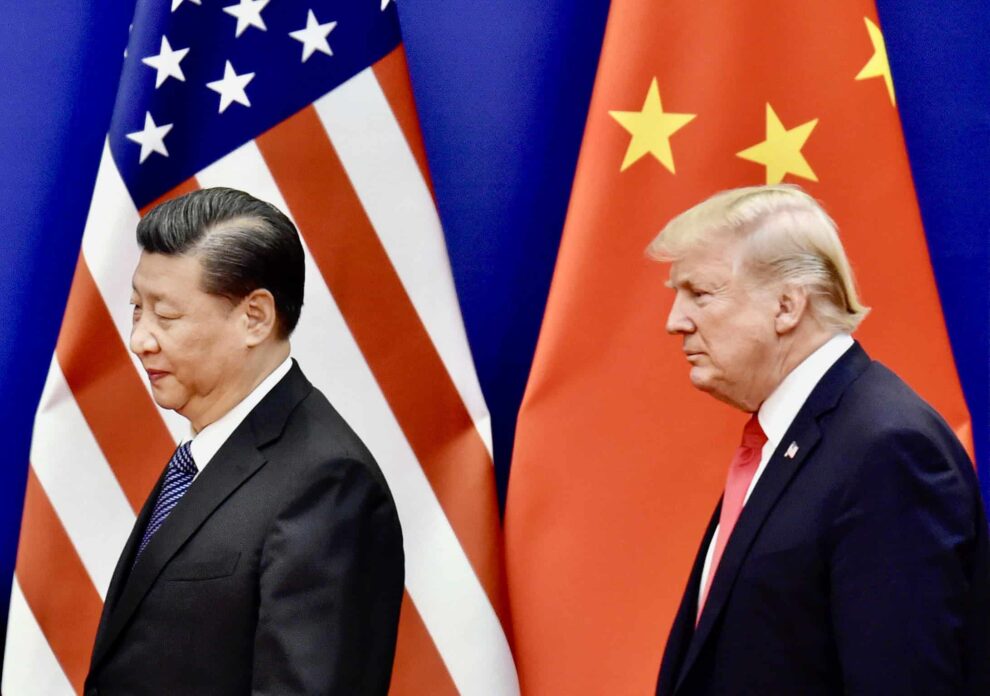


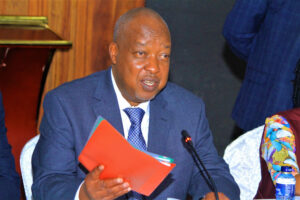

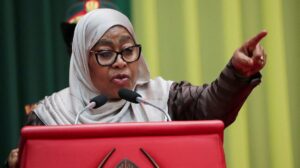
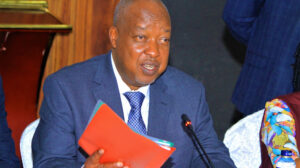



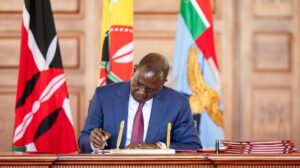


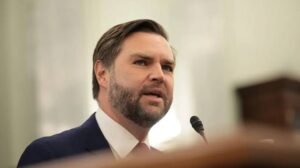
Add Comment